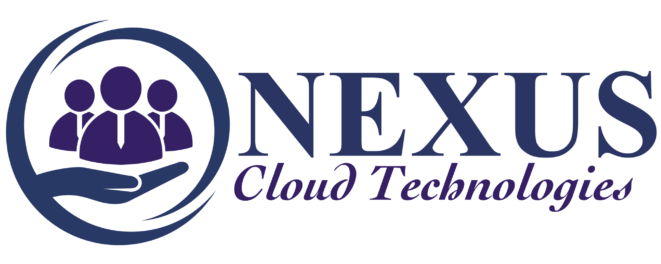As a Salesforce Consultant with 6 years of experience, I have worked with businesses of all sizes and in various industries. I know that every business is unique and has its own set of challenges. That’s why Salesforce Consultants are so valuable. We help businesses solve their unique challenges by using the Salesforce platform to streamline processes, improve efficiency, and increase revenue.
Whether you’re a small business just starting out, or a large enterprise with complex requirements, a Salesforce Consultant can help you get the most out of the platform. In this blog post, I will explain what a Salesforce Consultant does, the difference between a Functional Salesforce Consultant and a Technical Salesforce Consultant and provide a real-life business use case of how a Salesforce Consultant can help you maximize your Salesforce investment. If you’re looking to hire a Salesforce Consultant or want to learn how to become a Salesforce consultant this blog post is for you.

Salesforce Consultants are experts in the Salesforce platform and its capabilities. They work with businesses to understand their unique needs and requirements, and develop customized solutions that address those needs. Salesforce Consultants help businesses with a range of tasks, including:

A Functional Salesforce Consultant is responsible for understanding the business requirements of the client and translating them into technical solutions using the Salesforce platform. They focus on the functional aspects of Salesforce and are responsible for configuring the platform to meet specific business needs.
They work closely with business stakeholders to identify their requirements and develop solutions to meet those needs. A Functional Salesforce Consultant typically has a strong background in business analysis, project management, and system design.

A Technical Salesforce Consultant is responsible for developing technical solutions that meet the specific requirements of the client. They focus on the technical aspects of Salesforce, such as custom development, integrations, and data migration.
They work closely with developers to ensure that solutions are implemented effectively. A Technical Salesforce Consultant typically has a strong background in software engineering, programming languages, and web technologies.
In summary, the main difference between the two roles is that a Functional Salesforce Consultant focuses on the functional aspects of Salesforce, while a Technical Salesforce Consultant focuses on the technical aspects. It’s important to note that both roles are critical for the successful implementation of a Salesforce solution.
A Functional Salesforce Consultant may work on the design and configuration of a solution, while a Technical Salesforce Consultant may be responsible for developing custom code to meet specific requirements. Both roles require a deep understanding of the Salesforce platform and its capabilities.
A real-life example of how a Salesforce Consultant can help a business is in the case of a healthcare company which I was contracted to work for. The healthcare company had a number of disparate systems that they were using to manage their patient information, including spreadsheets, paper forms, and an outdated database. The company was experiencing a number of challenges, including:
The healthcare company engaged with me to help them address these challenges. I worked closely with the company to design and implement a Salesforce solution that met their specific needs. The solution included:
As a result of working with me, the healthcare company was able to:

The career path of a Salesforce Consultant can vary depending on their interests and skill set. Some may specialize in a particular area of Salesforce, such as Sales Cloud, Service Cloud, Experience Cloud or other clouds while others may focus on a specific industry. Here are some common career paths for Salesforce Consultants:
Salesforce Administrator – An entry-level role that focuses on the day-to-day administration of Salesforce. This role may involve tasks such as managing user accounts, creating reports and dashboards, and maintaining data quality.
Salesforce Consultant – A more senior role that involves working closely with business stakeholders to identify their requirements and develop solutions. Salesforce Consultants may specialize in either functional or technical aspects of the platform.
Salesforce Architect – A high-level role that involves designing and implementing complex Salesforce solutions. Salesforce Architects have a deep understanding of the platform and are responsible for ensuring that solutions are scalable and sustainable.
As a Salesforce Consultant with 6 years of experience, I have worked with businesses of all sizes and in various industries. If you are looking to hire a Salesforce Consultant, I would love to help. Contact me to learn more about my services and how I can help your business achieve its goals.
We understand the importance of approaching each work integrally and believe in the power of simple.



1 Comment
Jefferson Ofeh
Wow thanks for sharing such amazing content